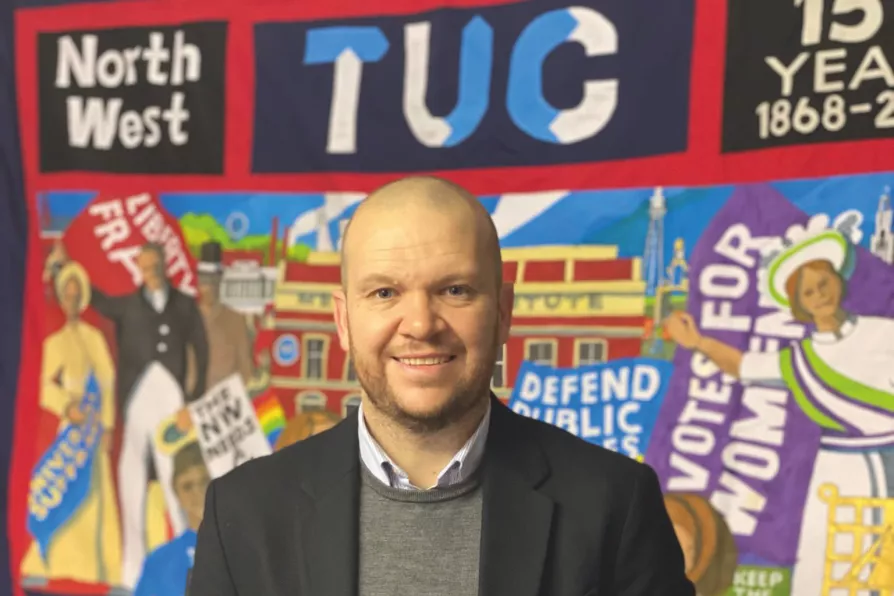RICHARD BURGON MP speaks to Ben Chacko about the Labour right’s complicity in the Mandelson scandal and the need for a total break with Starmerism if the party is to defeat Reform

 SOLIDARITY: Jay McKenna
SOLIDARITY: Jay McKenna
AS trade unions in the north-west come together for the regional TUC conference, it’s an opportunity for us to look at what we’ve achieved in the past year and set our course for the challenges ahead.
When conference met back in Liverpool in 2022, the P&O dispute was in its infancy. The cost-of-living crisis was biting, but our response was still developing. It would have been difficult to imagine what would follow as we debated what needed to be done.
Across the region, our trade unions haven’t just shouted loudly about the issues facing members and workers. They’ve acted. Consistently, collectively and resolutely. The outcome has been wins that deserve celebrating and ones on which we can build an ever-stronger movement.

Working-class women lead the fight for fair work and equitable pay and against sexual harassment, the rise of the far right and years of failed austerity policies, writes ROZ FOYER

CWU leader DAVE WARD tells Ben Chacko a strategy to unite workers on class lines is needed – and sectoral collective bargaining must be at its heart

Incoming Usdaw general secretary JOANNE THOMAS talks to Ben Chacko about workers’ rights, Labour and how to arrest the decline of the high street











